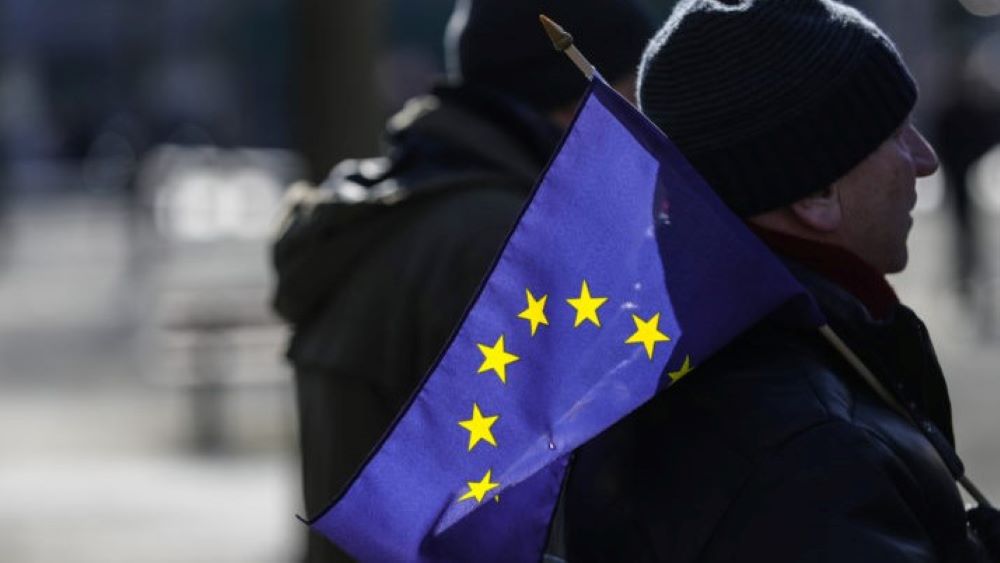Unfortunately, if you look at the reality, you will find little of those much desired values and much more of what represents their antipodes in it.

Borjan Jovanovski
The phrase ‘European values’ is one of the most used in the public appearances of almost all politicians, but also in all colloquial situations when it comes to the perspectives of Macedonia, as in the European integration processes. Unfortunately, if you look at the reality, you will find little of those much desired values and much more of what represents their antipodes in it.
Macedonia, as a multi-ethnic society in its historical substance, has a great quality in the context of European values that were defined during the Enlightenment and further in post-war Europe, with the beginning of the European integration processes. Multiculturalism and tolerance between different peoples and religions that have coexisted on this land for centuries is recognized in many historical documents. The first Constitution of the Macedonian civil movement from 1880, for example, defines Macedonia as a multicultural society and organizes the division of power in appropriate proportions with the loud representation of a certain nation and religion. Over time, and especially in the mid-80s of the last century, with the rise of Slobodan Milosevic and his nationalism, this rich pro-European value in Macedonia was radically degraded. It was completely defeated in the early 90s and the emergence of the new national romanticism in the Balkans, so that until today we already have generations of Macedonians and Albanians between whom constant hatred reigns. You will often hear the use of the pejorative term ‘shiptar’ from the mouths of many ethnic Macedonians who are trying to keep the privilege inherited from the time of Milosevic, when Albanians received the status of second-class citizens.
In 2001, the Framework Agreement was signed which prevented civil war and bloodshed between Macedonians and Albanians, which occurred as a result of the clash of two opposing national romantic conceptions. The Framework Agreement found its basis in that first Constitution of the Macedonian League from 1880, said on one occasion one of the authors of the text of the Agreement, the historian Vlado Popovski. But despite the inspiration that draws deep roots in the history of the tradition of the peoples who live here, the Framework Agreement is treated today by a large majority as something imposed on Macedonia by international factors. So these great European values, such as the multiculturalism and tolerance in Macedonia, live in dark corners of society today. The education system never had the courage to stand up to aggressive nationalism and the stereotypes and prejudices it brought. Education is devoid of any elements of critical thinking, which as a concept also belongs to the set of values that today’s theory recognizes as European.
The situation with humanism, which is one of the foundations of European civilization, is similarly desperate. Solidarity, empathy, human rights are mere platitudes if you look at the recent incident in April this year, when a young migrant woman from Africa was killed by a policeman. Except on social networks, we hardly read or heard any information about this tragic event, nor was there any trace of media interest. To this day, there is no official position on how this murder happened, nor is there pressure from the public on the competent authorities to make it happen. The African woman is a foreigner whom this society is apparently unable to recognize as a victim.
Unfortunately, the ignorance of high civilizational values and the alienation from them makes this society a victim of itself, dragging it into the depth where the light is lost.
Borjan Jovanovski, long-time correspondent from Brussels and author of several TV programs dedicated to European integration processes



Leave A Comment